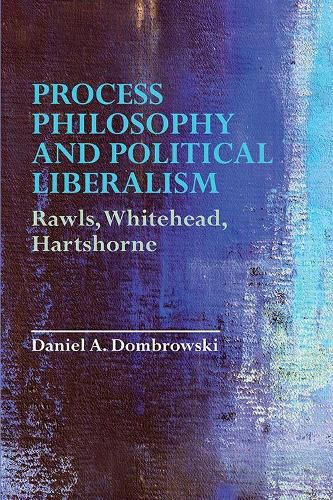Readings Newsletter
Become a Readings Member to make your shopping experience even easier.
Sign in or sign up for free!
You’re not far away from qualifying for FREE standard shipping within Australia
You’ve qualified for FREE standard shipping within Australia
The cart is loading…






Daniel A. Dombrowski brings together the thought of the 20th-century philosophy’s greatest political liberal, John Rawls, with the thought of the great process philosophers, Alfred North Whitehead and Charles Hartshorne. He shows that political liberalism is intimately linked with process philosophy, renaming it ‘process liberalism’. He justifies this process liberalism in contrast to four potentially troublesome sources or influences: metaphysics, religion, right-wing politics and left-wing politics. Dombrowski engages a series of interlocutors and alternative positions including Franklin I. Gamwell, Timothy D. Snyder, Martin Heidegger and Karl Marx. In conclusion, he offers a compelling, intricate and resourceful argument for nonhuman animal rights based on Rawlsian principles, which in turn forms the basis of a future environmental ethics.
$9.00 standard shipping within Australia
FREE standard shipping within Australia for orders over $100.00
Express & International shipping calculated at checkout
Daniel A. Dombrowski brings together the thought of the 20th-century philosophy’s greatest political liberal, John Rawls, with the thought of the great process philosophers, Alfred North Whitehead and Charles Hartshorne. He shows that political liberalism is intimately linked with process philosophy, renaming it ‘process liberalism’. He justifies this process liberalism in contrast to four potentially troublesome sources or influences: metaphysics, religion, right-wing politics and left-wing politics. Dombrowski engages a series of interlocutors and alternative positions including Franklin I. Gamwell, Timothy D. Snyder, Martin Heidegger and Karl Marx. In conclusion, he offers a compelling, intricate and resourceful argument for nonhuman animal rights based on Rawlsian principles, which in turn forms the basis of a future environmental ethics.